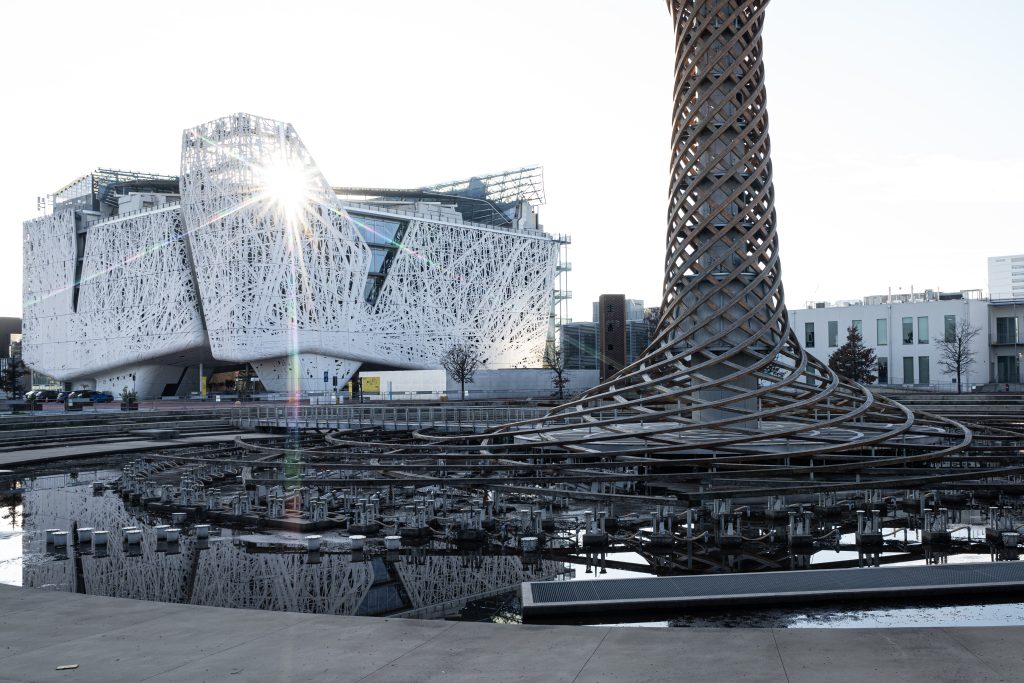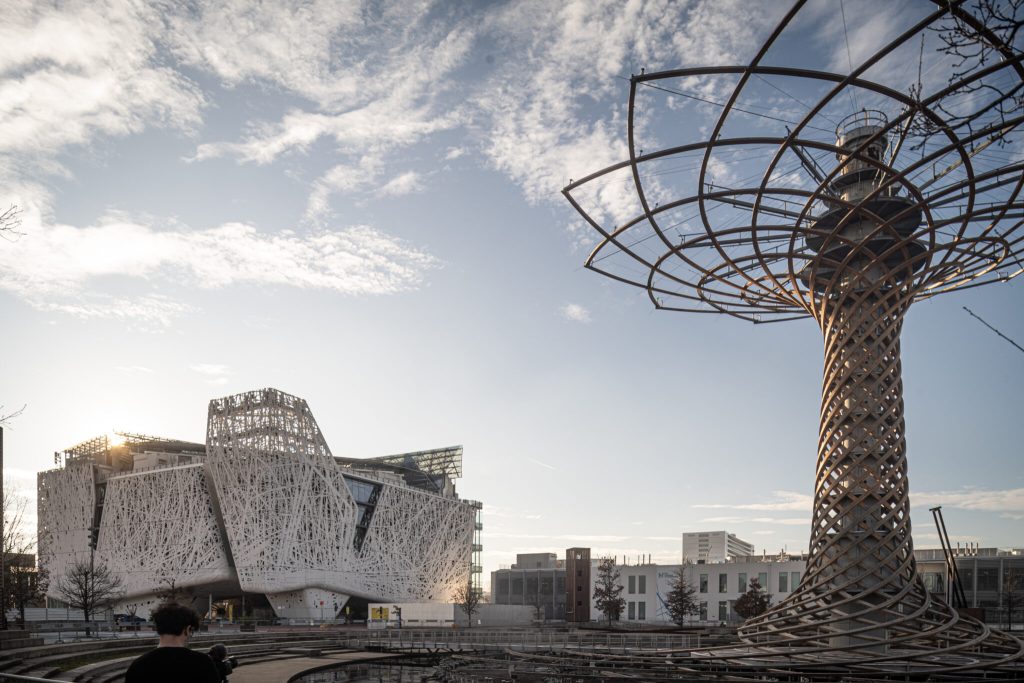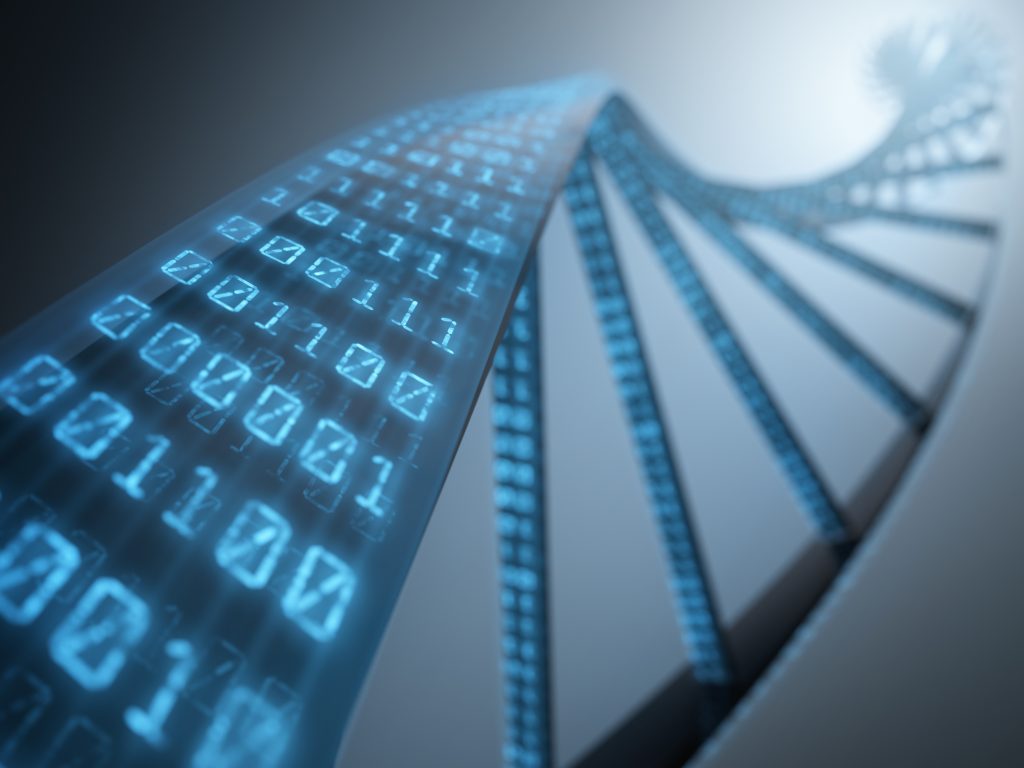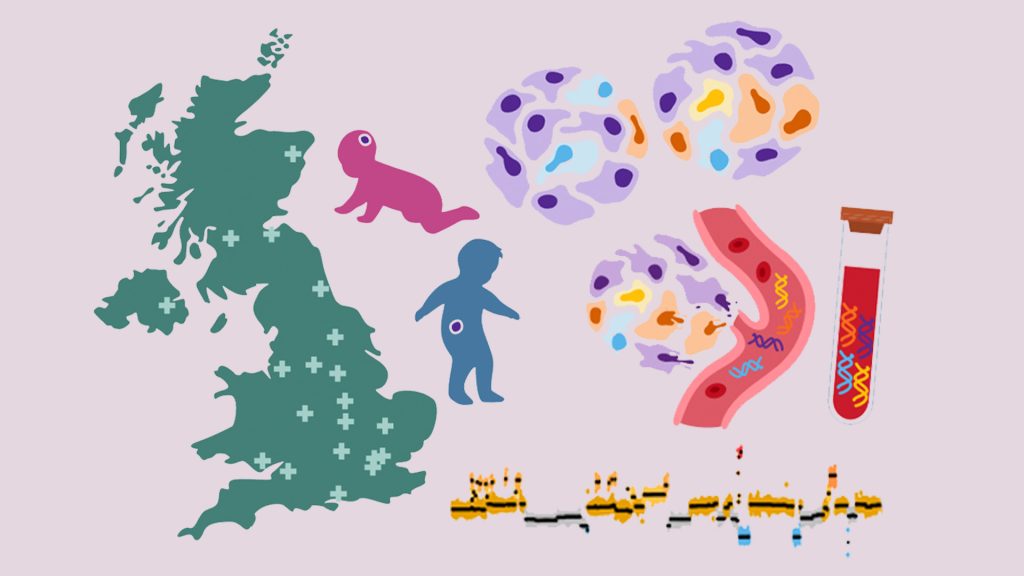From risk to resilience in mental health and developmental diversity
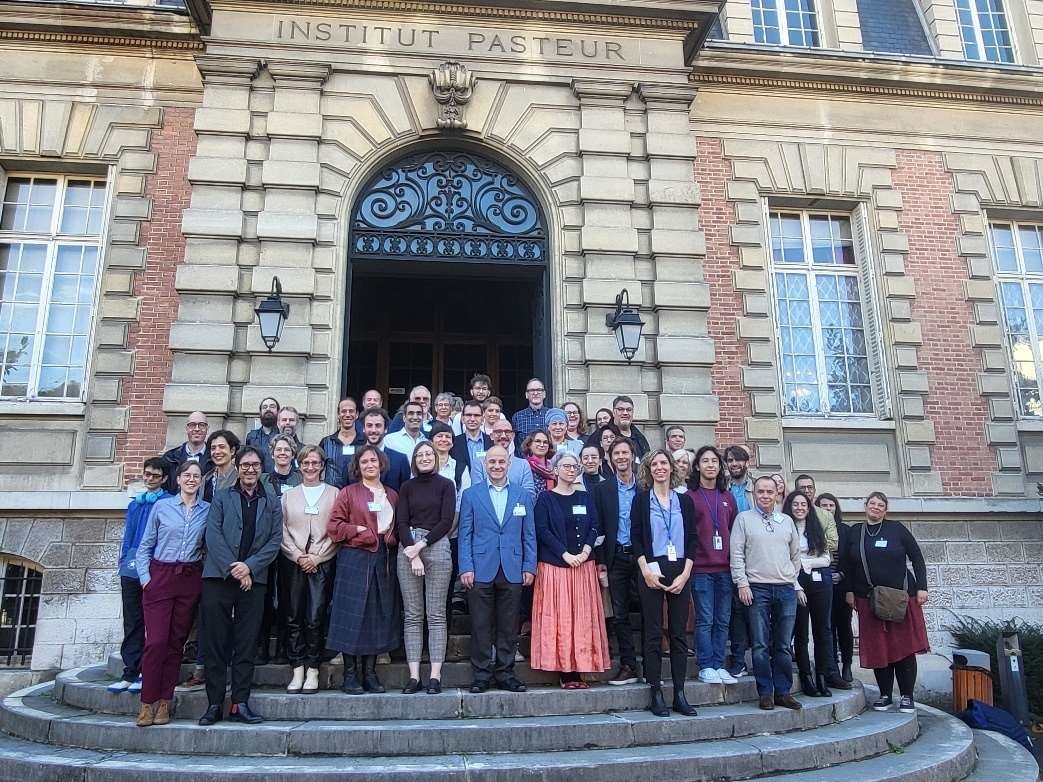
World-leading interdisciplinary research groups have committed to provide innovative approaches to improve the quality of life of individuals with neurodevelopmental disorders
Paris, 25th October 2022
The consortium of the EU-funded project Risk and Resilience in Developmental Diversity and Mental Health (R2D2-MH) is kicking-off today in Paris. 26 European and associated partners (Australia, Canada and Israel) will adopt a new approach to improve the well-being of individuals with neurodevelopmental disorders (NDD). They will move away from studying only risk towards and enhanced understanding and promotion of resilience. In doing so, they will consider developmental diversity as well as diagnosis as factors that influence wellbeing and functioning across the entire lifespan.
No effective diagnostics and interventions despite high number of individuals with Mental Health problems
Mental Health problems affect 38,2% of the EU population and cost EU economies €600 billion per year. Neurodevelopmental disorders (NDDs) are conditions affecting growth and development in the brain and typically start early in life. These include conditions such as autism, attention deficit / hyperactivity disorder (ADHD), intellectual disabilities (ID), and speech/language/motor disorders. People with NDDs and their families experience greater discrimination and stigma that has a further negative impact on mental well-being. Currently, there are no highly effective, evidenced based approaches to improve medium to long-term MH outcomes in the context of NDDs. This is due partly to a limited understanding of the neurobiological mechanisms involved in the transition from MH to illness throughout the life course and the interaction with environmental factors. The distinction between diversity and disorder is exactly where R2D2-MH comes in.
Quantifying resilience in addition to risk
Prof. Thomas Bourgeron, Director of the “Human Genetics and Cognitive Functions” Unit at Institut Pasteur in Paris and Project Coordinator:
“The two novelties of R2D2-MH is first the measurement of factors that support resilience in addition to risk. Resilience plays a major role in mental health as it provides a strengths-based focus on how people can adapt in response to adversity and have better outcomes. Traditionally, research focuses on measuring poor outcomes. The novelty of our approach is to identify both risk and resilience factors. Second, we will investigate the influences on mental health outcomes collectively with all stakeholders to redefine wellbeing and functioning at an individual level. I am convinced that R2D2-MH will prepare the ground for personalised approaches of NDD and reduce the stigma.”
The inclusion of associated partners from industry like Roche and advocacy groups like Autism Europe and ADHD Europe ensure the sustainability of our network and the success of the project.
Stéf Bonnot-Briey, states on behalf of Autism Europe: “Autism Europe welcomes R2D2’s objective to improving mental health outcomes for autistic people. We are looking forward to working closely with the R2D2 team as fostering a better quality of life for autistic people can only be achieved with their meaningful involvement.”
Prof. Giuseppe Testa, Head of Neurogenomics Research Centre at Human Technopole in Milan:
“It is very exciting to start this project since we will be able to unravel the developmental dynamics at the basis of risk and resilience of mental health in a personalised way. Putting resilience to the fore is a key change of mindset that can transform molecular neuropsychiatry. Thanks to the scale afforded by our Automated Stem Cell and Organoid Facility, a key edge of this collaborative work is that we will not only integrate clinical data from neurodevelopmental disorders cohorts with genomic profiling, but through stem cells reprogramming and brain organoids we will understand the molecular processes that shape human brain development from the actual cells of individuals across a wide range of vulnerabilities and resilience for mental health.”
World-leading collaborative effort at the forefront of research in NDD
R2D2-MH will go beyond the state of the art applying a highly interdisciplinary approachintegrating diverse expertise: ethics, epidemiology, sociology, genetics, cell biology, neuroscience, computational modelling, IT development, psychology, and psychiatry.The consortium will study the biological, cognitive, and psychological underpinnings of resilience as positive adaptation in the context of two major early risk factors for MH disorders: carrying a genetic variation associated with NDD and/or being born preterm. R2D2-MH will provide the first multiscale dataset – genetics, gene expression in human brain organoids and brain imaging data – of individuals exposed to similar risk but varying in MH outcome.
Person-centred approach along the whole value chain
R2D2-MH aims to respond to the demand from the NDD community for more recognition of diversity and research into factors that influence well-being and mental health outcomes and to facilitate greater engagement in the management of their health. To this end, the consortium will actively involve citizens in a co-creation process. Members of the community are therefore important contributors to the conduct of the project and its outcomes. This ensures that the opinions of individuals with NDD and their relatives are included to improve their wellbeing and mental health outcomes.
R2D2-MH’s four main ambitions to progress beyond the state of the art:
- Provide the largest European multi-scale dataset on early human brain development and MH outcomes
- Identify biological mechanisms of resilience to reduce the adverse effects of NDD
- Co-develop, with the stakeholders, new digital tools to increase participatory research/medicine and reduce stigma
- Establish predictive models to guide personalised interventions.
R2D2-MH will last until August 2027 and is supported by the European Union with € 11 million. It has received funding from the European Union’s Horizon Europe research and innovation programme under grant agreement GA 101057385.
R2D2-MH consortium members:
1 INSTITUT PASTEUR France 2 KING’S COLLEGE LONDON United Kingdom 3 STICHTING RADBOUD UNIVERSITAIR MEDISCH CENTRUM Netherlands 4 THE PROVOST, FELLOWS, FOUNDATION SCHOLARS & THE OTHER MEMBERS OF BOARD, OF THE COLLEGE OF THE HOLY & UNDIVIDED TRINITY OF QUEEN ELIZABETH NEAR DUBLIN Ireland 5 COMMISSARIAT A L ENERGIE ATOMIQUE ET AUX ENERGIES ALTERNATIVES France 6 THE CHANCELLOR MASTERS AND SCHOLARS OF THE UNIVERSITY OF CAMBRIDGE United Kingdom 7 MAX-PLANCK-GESELLSCHAFT ZUR FORDERUNG DER WISSENSCHAFTEN EV Germany 8 JOHANN WOLFGANG GOETHE-UNIVERSITAET FRANKFURT AM MAIN Germany 9 BIRKBECK COLLEGE – UNIVERSITY OF LONDON United Kingdom 10 ASSISTANCE PUBLIQUE HOPITAUX DE PARIS France 11 UNIVERSITE DE GENEVE Switzerland 12 BEN-GURION UNIVERSITY OF THE NEGEV Israel 13 AARHUS UNIVERSITET Denmark 14 ARTTIC INNOVATION GMBH Germany 15 THE UNIVERSITY OF WARWICK United Kingdom 16 UNIVERSITEIT ANTWERPEN Belgium 17 LearnEnjoy France 18 KAROLINSKA INSTITUTET Sweden 19 K I RESEARCH INSTITUTE (R.A.) Israel 20 Fondazione Human Technopole Italy 21 UNIVERSITEIT TWENTE Netherlands 22 APLICA INVESTIGACION Y TRASLACION S. COOP. MAD. Spain 23 THE UNIVERSITY OF QUEENSLAND Australia 24 F. Hoffmann-La Roche AG Switzerland 25 DEAKIN UNIVERSITY AU 26 MURDOCH CHILDRENS RESEARCH INSTITUTE AU
For further information:
Website: www.r2d2-mh.eu
Twitter: @R2d2Mh
LinkedIn: R2D2-MH project
Project Contact:
[email protected]
Press Contact:
Verena v. Scharfenberg
[email protected]
Funded by the European Union
The information and views set out in this press release are those of the author(s) and do not necessarily reflect the official opinion of the European Union. Neither the European Union institutions and bodies nor any person acting on their behalf may be held responsible for the use which may be made of the information contained therein.
